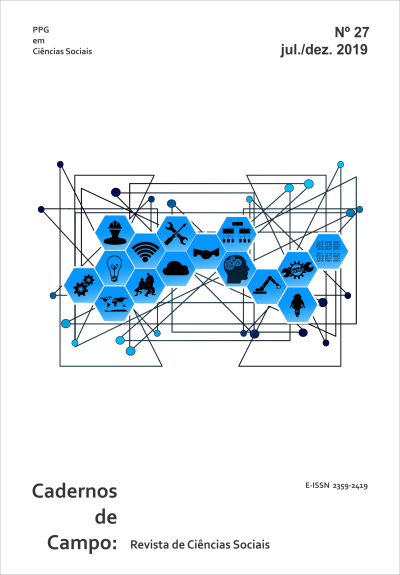Brazil, a non-learning society: new perspectives on science, technology and innovation
Keywords:
Economic development, Productive sophistication, Complexity, Increasing returns, Technological progress,Abstract
Economic development is a structural transformation that takes people from agriculture to industry and then to modern services; a process known as an “industrial revolution”. Brazil was able to move on with this process until the 1980s; midway, the economy stalled and then regressed. Its productive system moved towards diversification and increased complexity until the 2000s, then it regressed and started to specialize in less complex products. We have turned the economy of bakers, hairdressers, manicurists and shopkeepers, namely: non-scalable services, with limited productivity and scant technological development. This paper reflects on the causes of this technological regress, based on the new economy of complexity, exploring concepts such as network externality, agglomeration economies and increasing returns to scale to understand how Brazil can escape its comparative (dis) advantages so as to become a learning society.
Downloads
References
AMSDEN, A. H. The Rise of “The Rest”: Challenges to the West from LateIndustrializing Economies. New York: Oxford University Press, 2001.
BRESSER-PEREIRA, L. C. Doença holandesa e sua neutralização: uma abordagem ricardiana. Revista Brasileira de Economica Politica, Niterói, v.28, n.1, p.47-71, 2007.
CHERIF, R.; HASANOV, F. The Return of the Policy That Shall Not Be Named: Principles of Industrial Policy. IMF Working Papers, Washington, n.19/74, March 26, 2019.
CHERIF, R.; HASANOV, F.; KAMMER, A. Lessons for Today and the Way Forward. In: CHERIF, R.; HASANOV, F.; MIN, Z (ed.). Breaking the Oil Spell: The Gulf Falcons’ Path to Diversification. Washington, DC: International Monetary Fund Press, 2016. p.167-179.
FURTADO, C. O Capitalismo Global. 7. ed. Rio de Janeiro: Paz e Terra, 1998.
HAUSMANN, R. et al. The Atlas of Economic Complexity, mapping paths to prosperity. Boston: Harvard University Press, 2011.
HIDALGO, C. A. Why Information Grows: The Evolution of Order, from Atoms to Economies. New York: Basic Books, 2015.
ITAMI, H. Mobilizing Invisible Assets. Cambridge: Harvard University Press, 1987.
KHAN, M. H. Knowledge, skills and organizational capabilities for structural transformation. Structural Change and Economic Dynamics, Amsterdam, v.48, n.1, p. 42-52, 2019.
KRUGMAN, P.; FUJITA, M.; VENABLES, A. The Spatial Economy, cities, regions and international trade. Cambridge: MIT Press, 1999.
LEDERMAN, D.; MESSINA, J.; PIENKNAGURA, S.; RIGOLINI, J. Latin American Entrepreneurs: many firms but little innovation. Washington: The World Bank, 2014.
MAZZUCATO, M. O estado empreendedor: desmascarando o mito do setor público x setor privado. São Paulo: Portfolio-Penguin, 2014.
MINCER, J. Investment in Human Capital and Personal Income Distribution. Journal of Political Economy, Chicago, v.66, n.4, p.281-302, 1958.
MYRDAL, G. Economic Theory and Under-Developed Regions. London: University Paperbacks, 1957.
PRZEWORSKI, A. A última instância: as instituições são a causa primordial do desenvolvimento econômico?. Novos estudos CEBRAP, São Paulo, v.72, p.59-77, 2005. DOI: 10.1590/S0101-33002005000200004.
REINERT, E.; REINERT, S. A. Mercantilism and Economic Development: Schumpeterian Dynamics, Institution Building and International Benchmarking. OIKOS, Rio de Janeiro, v.10, n.1, 2011.
RODRIK, D.; HAUSMANN, R. Economic Development as Self Discovery. Cambridge: Harvard University Press, 2013









